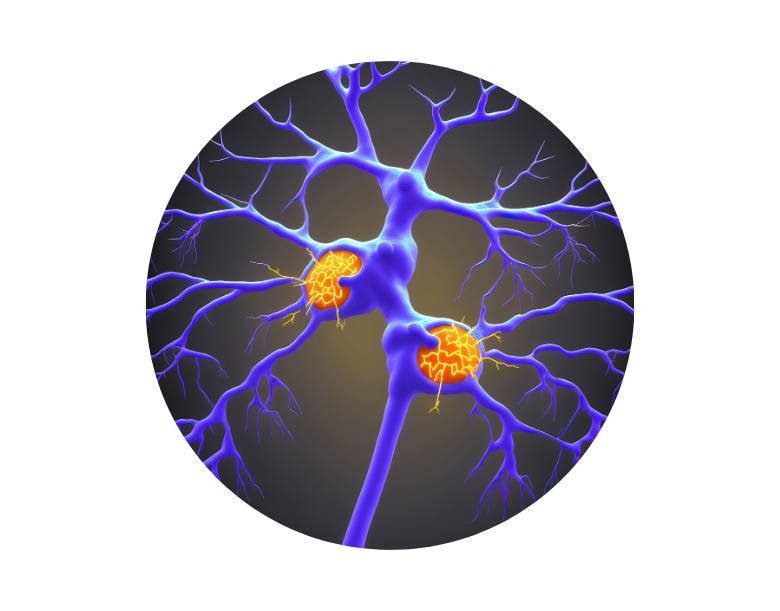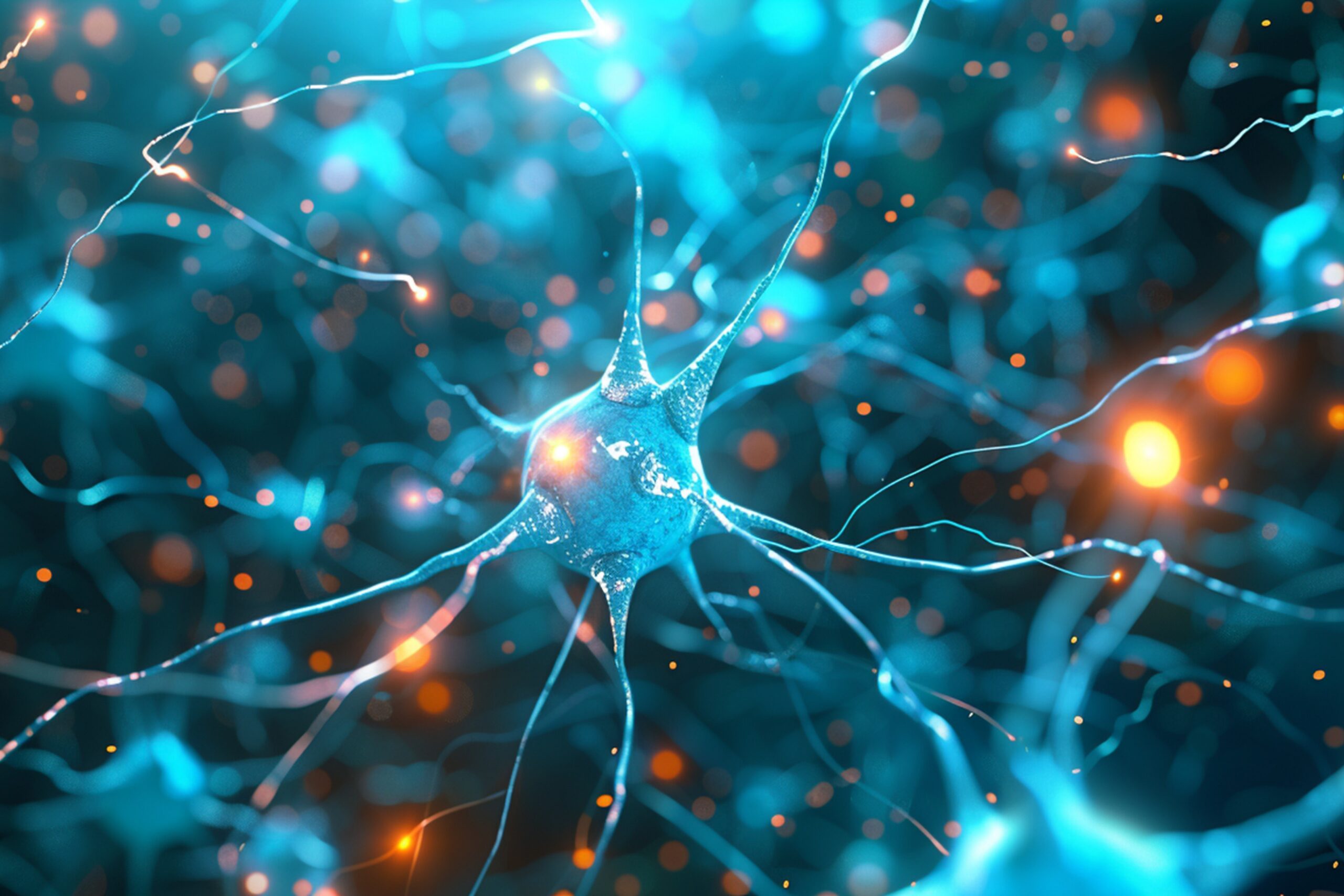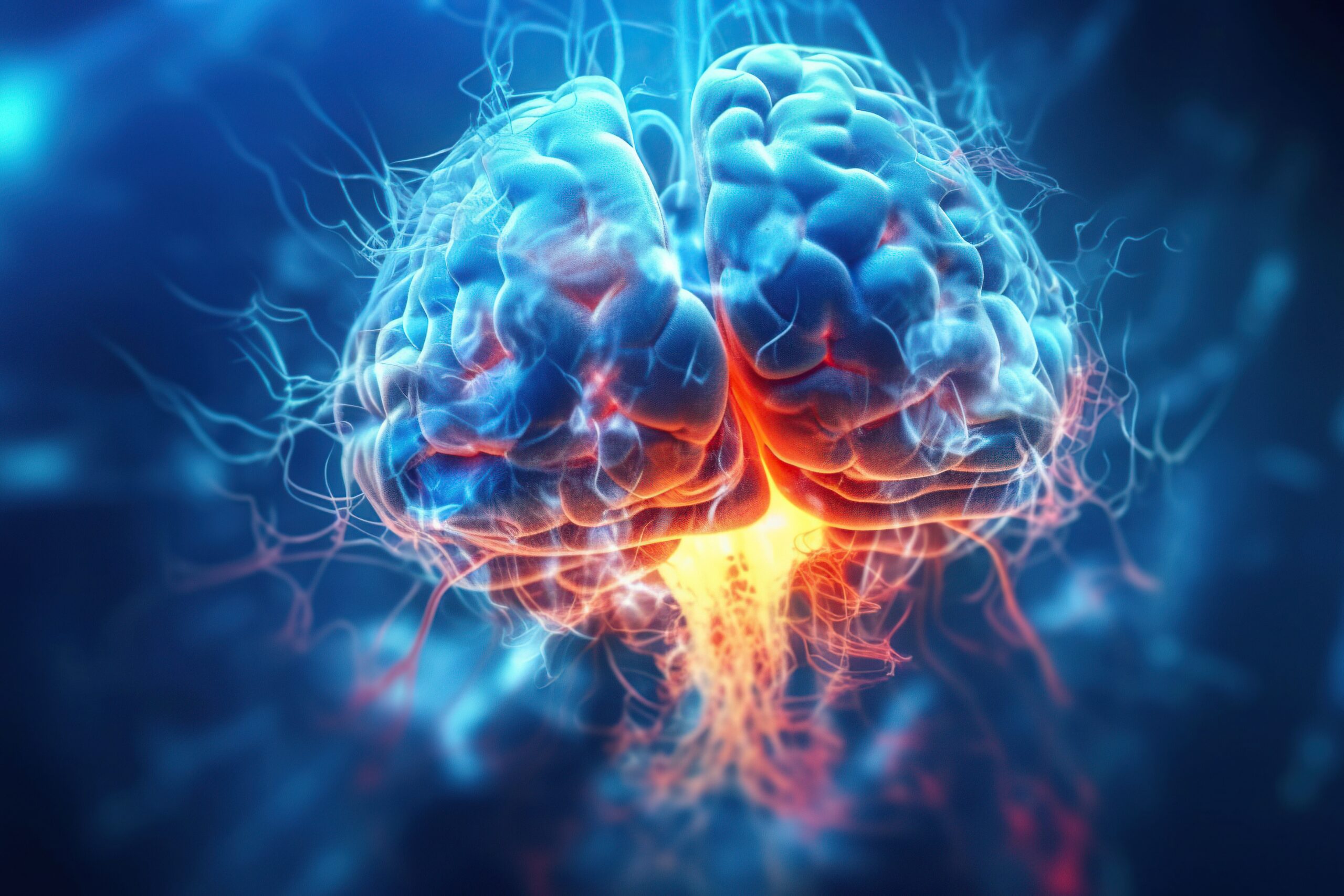Op. Dr. Tahsin SAYGI
Definition, Causes, Symptoms and Treatment Methods of Nerve Pinching
A pinched nerve is a health problem that can negatively affect daily life and sometimes seriously reduce the quality of life. This article will focus on what a pinched nerve is, its various symptoms, causes and treatment methods. In addition, information about the processes from diagnosis to treatment of this disease and possible surgeries will be presented.
As a result of the nerves in our body being compressed by the surrounding tissues, a number of complaints occur. This compression can occur between structures such as tendons, bones, cartilage and muscles. The disease that causes complaints due to this compression is generally called nerve compression. There are many types of nerve compression and since the compressed nerve is different in each type, the complaints are also different.


Diseases that can be confused with nerve compression
As with most diseases, there are diseases that can be confused with nerve compression. For example, compression of the nerve by a tumour, cervical hernia, lumbar hernia and rheumatic conditions can also cause similar complaints. All of these can usually be easily detected by a good physical and radiological examination.
Risks of Nerve Pinching Surgery
- As with any surgical procedure, there are potential risks associated with nerve compression surgery. These risks include infection, bleeding, partial or complete paralysis due to nerve damage. These risks are extremely low probability risks. An experienced surgeon and modern surgical techniques significantly reduce these risks.
Recovery Process After Nerve Pinching Surgery
- The recovery period after surgery depends on the individual health status, the timing and type of the intervention. Physiotherapy and especially exercise are usually required after the operation. The person usually starts to work after 10-14 days.
Nerve Pinching Surgery Prices
Nerve Pinch surgery prices may vary depending on the treatment method applied, the location of the hospital and the experience of the doctor. Patients are advised to contact the relevant health institutions to get detailed information about the cost and to evaluate the health insurance coverage.
Frequently Asked Questions
The cost of nerve compression surgeries varies according to the type of procedure performed and the standards set by the health institution. In general, the pricing lists determined by the Turkish Medical Association are followed. These lists provide patients with a transparent presentation of prices and the ability to make comparisons.
Diagnosis of nerve compression begins with patient complaints and physical examination findings. It is essential to take a detailed history and perform a neurological examination. After the examination, EMG test is performed and MR imaging method is also used when deemed necessary.
Some cases of pinched nerves may improve spontaneously with appropriate rest, dietary and lifestyle changes, avoiding harmful habits such as smoking/alcohol and taking vitamin B12 and omega fatty acids. However, if symptoms persist or worsen, professional medical intervention may be required.
If you are experiencing symptoms of a pinched nerve, do not take the situation lightly. Early diagnosis and intervention can prevent more serious health problems. To protect your health and improve your quality of life, consider consulting a neurosurgeon for a detailed evaluation.
Nerve compression is a condition that can occur in various parts of the body and can significantly affect quality of life. It is possible to overcome this problem with early diagnosis and appropriate treatment methods. Do not ignore the symptoms you are experiencing and follow the recommendations of health professionals.
This article focuses on what to know about nerve compression, symptoms, diagnosis and treatment methods. I hope this information will deepen your understanding of pinched nerves and help you take informed steps when necessary. Stay healthy!
If you would like more information or have questions about treatment options, please contact a specialised healthcare provider.









